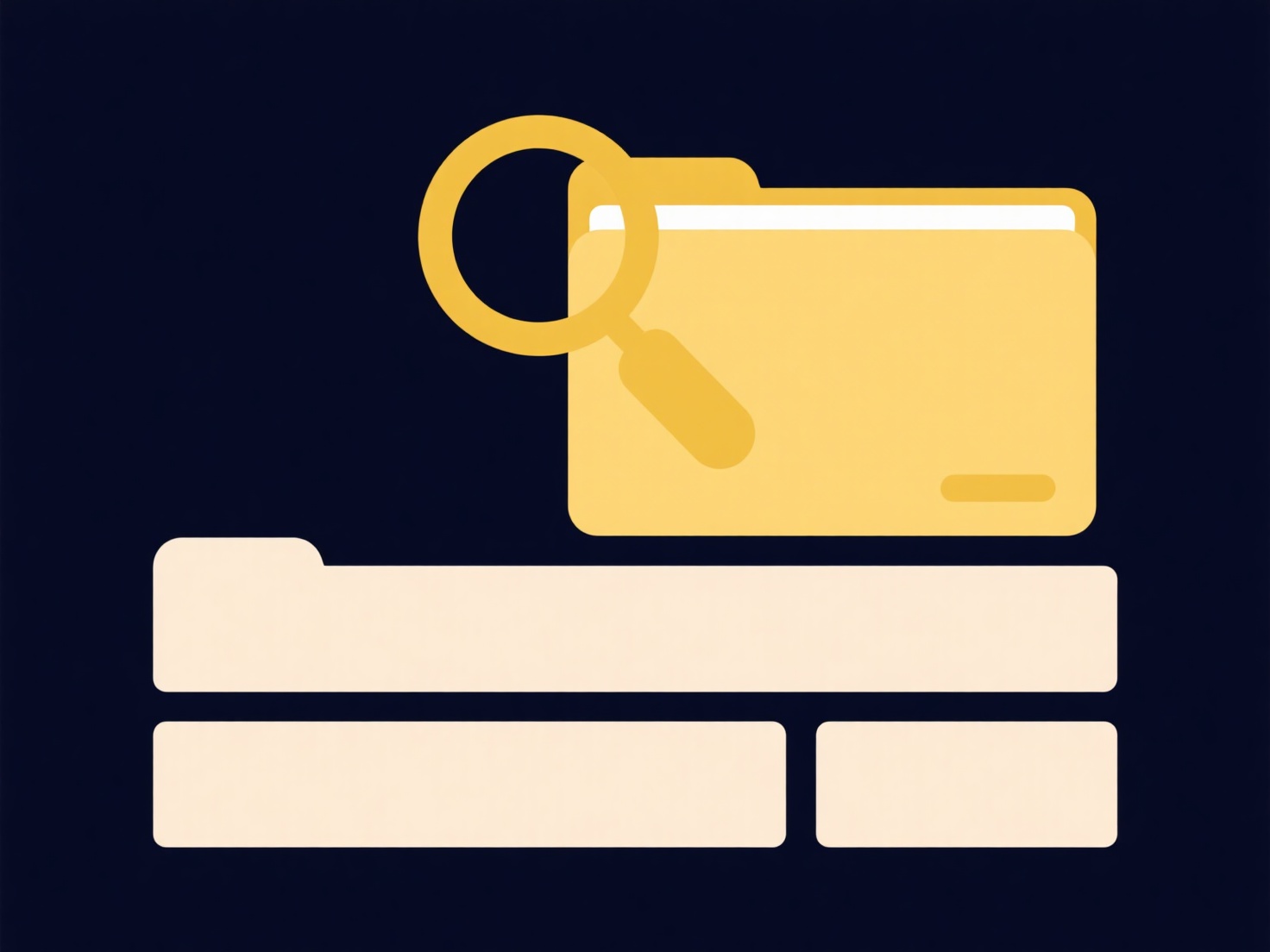
Cancelling a cloud subscription stops your access to the cloud storage service and its features, like syncing or accessing files via the internet. Crucially, this action only affects the copies of your files stored on the cloud provider's servers. Your original local files, physically stored on your personal computer, laptop, external hard drive, or USB stick, remain completely untouched and available on that local device. It does not erase anything directly from your own hardware.

For example, if you cancel your Dropbox subscription, all the files you personally saved directly onto your laptop's hard drive before uploading them to Dropbox will still be accessible on that laptop. Similarly, a business user cancelling a Salesforce subscription would lose access to the centralized CRM platform and cloud-stored customer data, but locally downloaded reports saved to their desktop folder outside of Salesforce would remain.
The key advantage is that users maintain full control over their locally stored originals, allowing them to switch cloud providers without losing their core data. A significant limitation, however, is that this separation can cause confusion or potential data loss if a user primarily worked only on files within the cloud platform's interface and failed to ensure crucial data was also saved locally. This emphasizes the importance of understanding the distinction between local storage and cloud storage when relying on subscription services.
What happens to my local files if I cancel my cloud subscription?
Cancelling a cloud subscription stops your access to the cloud storage service and its features, like syncing or accessing files via the internet. Crucially, this action only affects the copies of your files stored on the cloud provider's servers. Your original local files, physically stored on your personal computer, laptop, external hard drive, or USB stick, remain completely untouched and available on that local device. It does not erase anything directly from your own hardware.

For example, if you cancel your Dropbox subscription, all the files you personally saved directly onto your laptop's hard drive before uploading them to Dropbox will still be accessible on that laptop. Similarly, a business user cancelling a Salesforce subscription would lose access to the centralized CRM platform and cloud-stored customer data, but locally downloaded reports saved to their desktop folder outside of Salesforce would remain.
The key advantage is that users maintain full control over their locally stored originals, allowing them to switch cloud providers without losing their core data. A significant limitation, however, is that this separation can cause confusion or potential data loss if a user primarily worked only on files within the cloud platform's interface and failed to ensure crucial data was also saved locally. This emphasizes the importance of understanding the distinction between local storage and cloud storage when relying on subscription services.
Quick Article Links
How can I remove part of a file name in bulk?
Batch file renaming involves modifying multiple filenames simultaneously by automatically removing a specific portion of...
Are online converters safe to use?
Online converters are web-based tools that transform files between formats, such as documents, images, videos, or audio....
How do I open a .wav file on mobile?
To open a .wav file on your mobile device, you typically use an application capable of playing audio. A .wav file is a c...